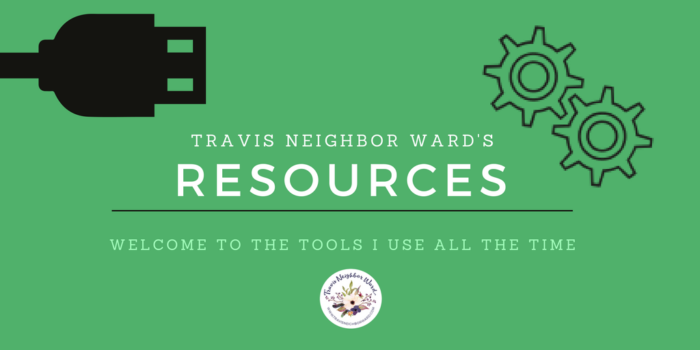Learning how to make readers care about your fictional characters largely comes down to one thing: Showing them what your characters’ motivations are. Those motivations can take them from seeming cookie-cutter or caricature-like to real and unforgettable.

Whether you’re talking about thrillers, romances, literary fiction, or any other genre, writing characters well is one of the most important tasks an author faces in making readers want to keep turning pages. That’s why it’s so important to know their major motivations before you begin writing.
These motivations will help guide you in every decision the characters make, how they behave in relationships, and what they say or feel.

These motivations are often driven by backstory, especially things that happened in childhood. They are, ultimately, what drives a hero to save someone else and what pushes a villain internally to kill. Actions may be sparked by external plot events, but ultimately the true motivations come from within.
>> ALSO: Check out the resources I use to write my books, DIY graphic designs for marketing them, hire designers for covers, and format them for self-publishing!
You can make readers care more when your characters have motivations that are interesting and complex
If this seems like too much work and you’d rather just “wing it” as you write and discover your characters’ motivations along the way, I’d advise you to reconsider. I used to do this and it can lead to a lot more rewriting and re-plotting (and unnecessary headache). Besides, knowing motivations in advance of action is more realistic: In real life we know our own motivations every step of the way, even when we don’t like to admit it.
Think about yourself and you’ll realize how essential motivation planning is to writing your stories. When someone meets you, they generally know next to nothing about what you’ve experienced in your life, what you want most, or what you will do anything to avoid. Yet these things profoundly affect your feelings and behavior in all things, no matter how well you use your will power and rational thinking to control yourself.
In my case, I tend to be open and friendly with people, so new friends assume that “what you see is what you get” with me. When they discover that I have secret insecurities, fears and dreams, it changes their way of seeing me. It makes me more complex to them, hopefully in a good way!
The truth is we’re all complex people and it’s part of what makes us interesting to others. Writing characters requires that you understand that complexity long before your reader starts trying to guess it.
To figure out if you can make readers care about your character, ask yourself these seven questions:
1. What is this character suffering from?
If there’s anything that novelists get accused of often, it’s not making their characters suffer enough. Don’t let that happen in your story. Start them off with internal suffering, even if you don’t let the reader know what it is. If you know it, it will shine through in your writing in small ways until you have the big reveal.
2. What is this character’s vulnerability and what caused it?
Everybody I know is weak in some ways and to some things. This makes them more sympathetic to me, and makes their strengths and accomplishments even more impressive. Finding out why people are weak always interesting. Same goes for characters.
3. What does this character want so desperately that she’ll do anything to get it?
Greed. Envy. Lust. Fear. Whatever is behind it, desperate desire = suspense + interest in a story.
Don’t let your character be a gray, wishy-washy soul without any desperate wants. If you do, chances are she will come across as boring.

4. How is all of this manifested in the character’s life?
Get down to the nitty gritty. How do these weaknesses, desperate desires, and suffering translate into his world? Does he have a job he hates? A terrible marriage? An addiction? A habit? Whatever it is, the effect has to manifest itself somehow.
5. What will the character do in my story to hide and protect her suffering, vulnerability and desperate desire?
People work hard to hide these things about themselves. They don’t want people to find out. They don’t want to let go of their past. They don’t want to change. The more they resist, the greater the conflict. In fiction (even in real life) conflict is exciting to others.
6. How will her suffering, vulnerability and desperate desire be threatened?
Protecting and hiding these things can’t be easy. Someone’s going to try and figure them out. Something is going to force her to choose whether to stay the same or change. What will it be? When will it happen? Figure it out in advance.
7. If he loses his suffering, vulnerability and desperate desire, what will the consequences be for him?
Think of Batman. What would happen if he stopped feeling angry at the bad guys who killed his parents? Stopped being vulnerable to new bad guys? Stopped wanting so desperately to fight crime? He’d become… well, an average business man, which would be a death sentence to his plot line.
So, forget about what you’d hope for your character in real life. We get enough of that stuff in reality!
By figuring out the consequences if he loses his inner motivations, you will understand even better why those motivations are so important to the story—and everything you put into writing characters will become so important to your readers.




Thank you!
You’re welcome!